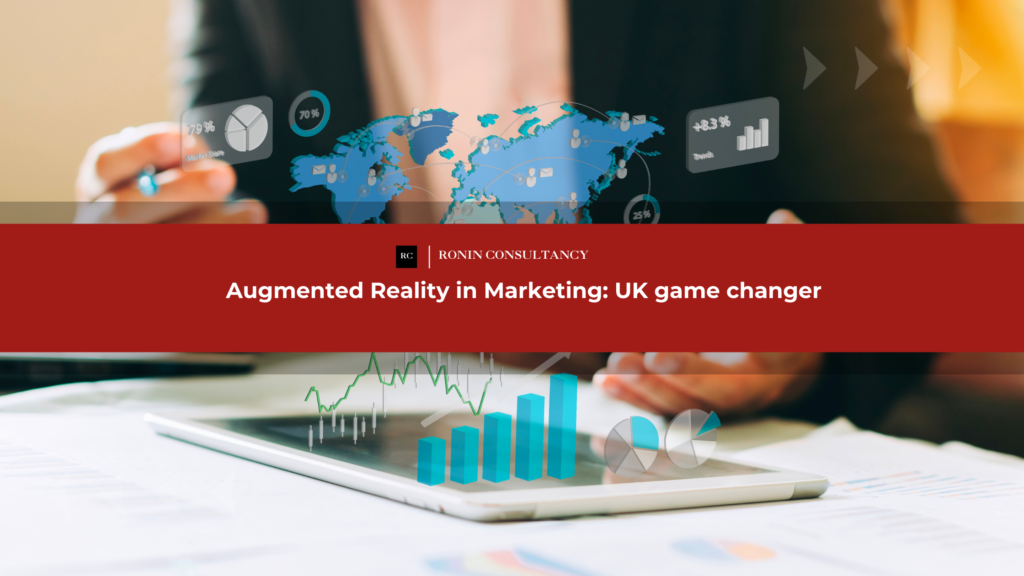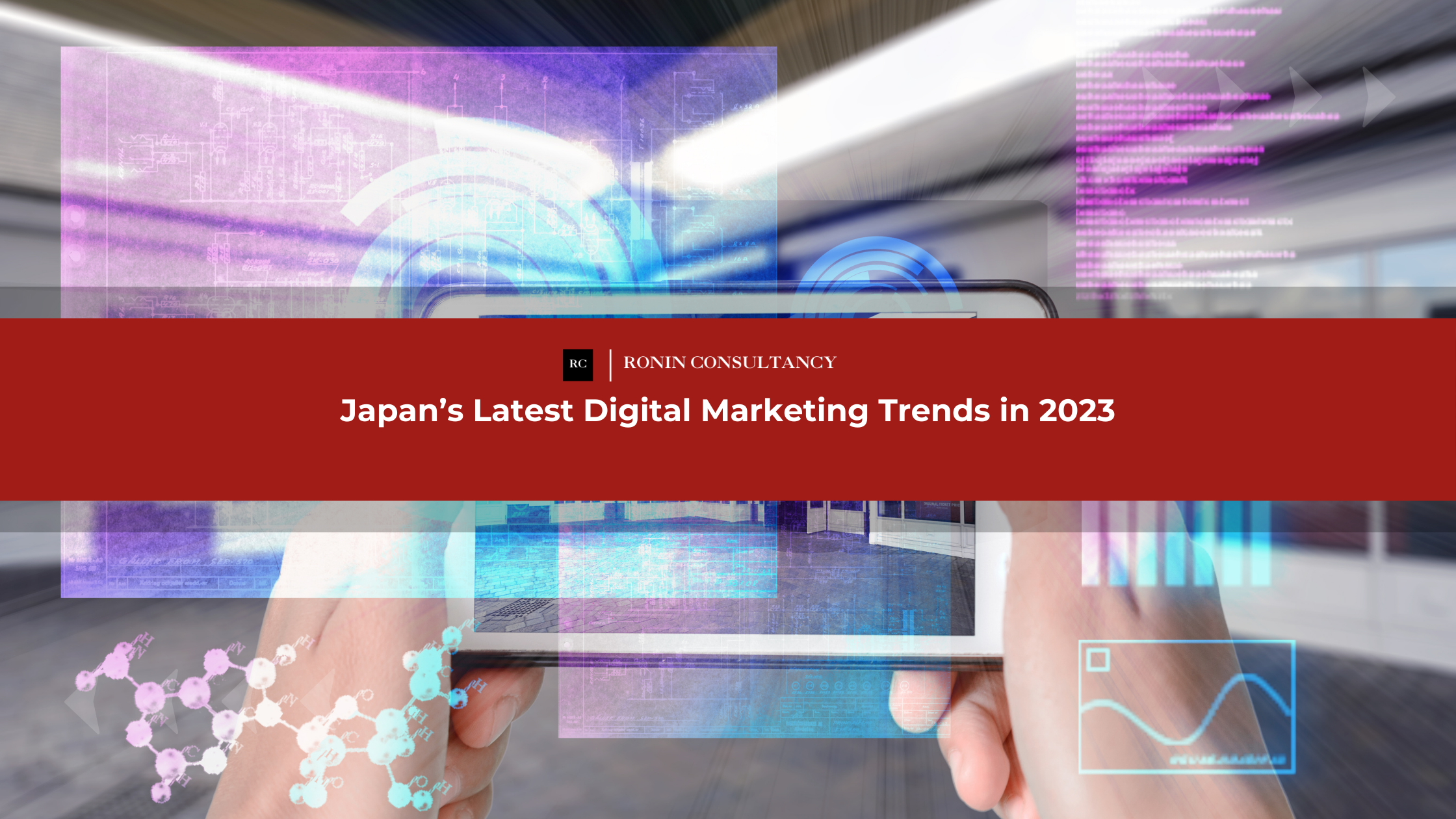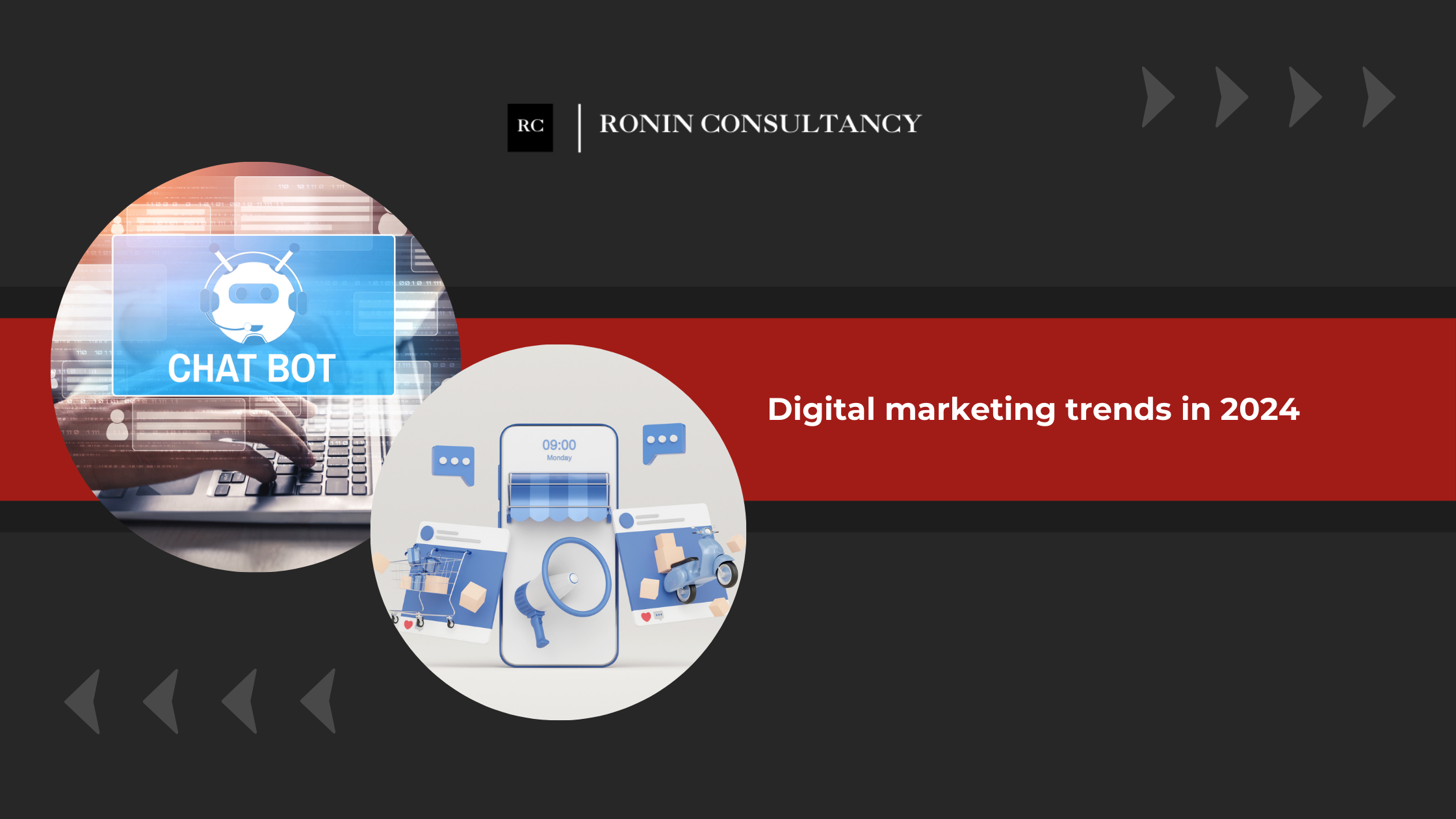The world of marketing is evolving rapidly, and one of the most exciting developments in recent years has been the rise of Augmented Reality (AR). This innovative technology blurs the lines between the physical and digital worlds, providing marketers with a whole new canvas on which to paint their campaigns.
AR has the potential to revolutionize the way we market products and services, particularly in the UK where digital marketing strategies are becoming increasingly sophisticated. But what exactly is AR, and how is it being used in marketing today?
“AR overlays digital information on real-world elements. It’s about augmenting the reality we see with additional data or visuals”
Let’s explore some examples of businesses that have effectively utilized AR to revolutionize their Digital Marketing efforts in the UK.
1. IKEA’s AR Catalogue
IKEA, the Swedish furniture giant, has truly embraced AR technology. Their AR app, IKEA Place, allows customers to visualize how the furniture would look and fit in their own homes. This has had a significant impact on their sales and customer engagement.
IKEA reported an increase of 12% in online sales during the first quarter after its implementation, which it attributes to the success of its AR app.
2. Pepsi Max’s Unbelievable Bus Shelter
In a bold move, Pepsi Max created an ‘Unbelievable’ AR experience at a London bus shelter. The campaign used a screen that made extraordinary scenarios come to life, including giant robots or a sudden alien invasion, unfolding right on the street. It was a huge success, quickly going viral and significantly increasing brand awareness.
Pepsi’s AR campaign received over 8 million views on YouTube within the first week of its launch.
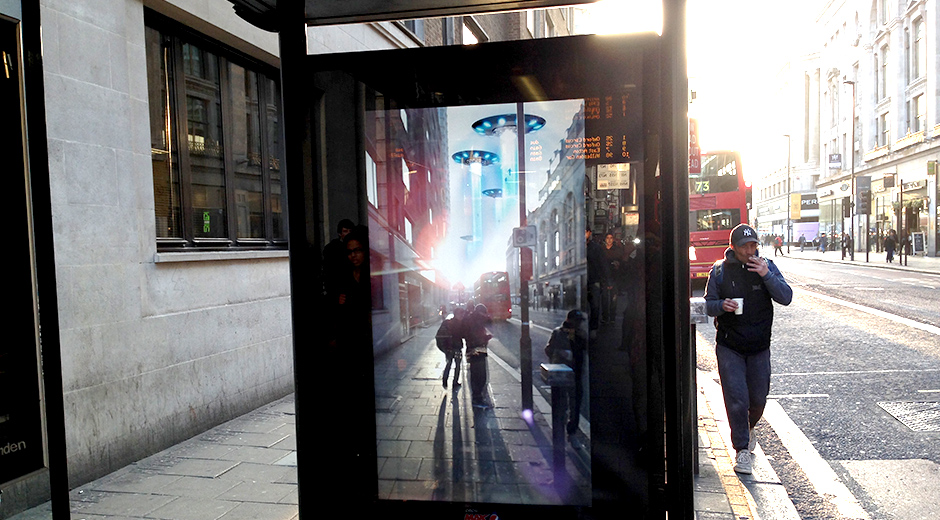
3. Rimmel London’s Tower Bridger AR experience
Beauty brand Rimmel teamed up with Snapchat to design an Augmented Reality (AR) experience centered around London’s Tower Bridge. The campaign, which was conceptualized by creative studio Tommy, will allow Snapchat users in London to point Snapchat’s camera at Tower Bridge to see the landmark transform into the new mascara. The app increased the brand’s customer engagement and significantly boosted its online sales.
Rimmel benefits from direct exposure to Snapchat’s 21 million monthly active users in the UK, effectively targeting its primary audience: Generation Z and millennials.
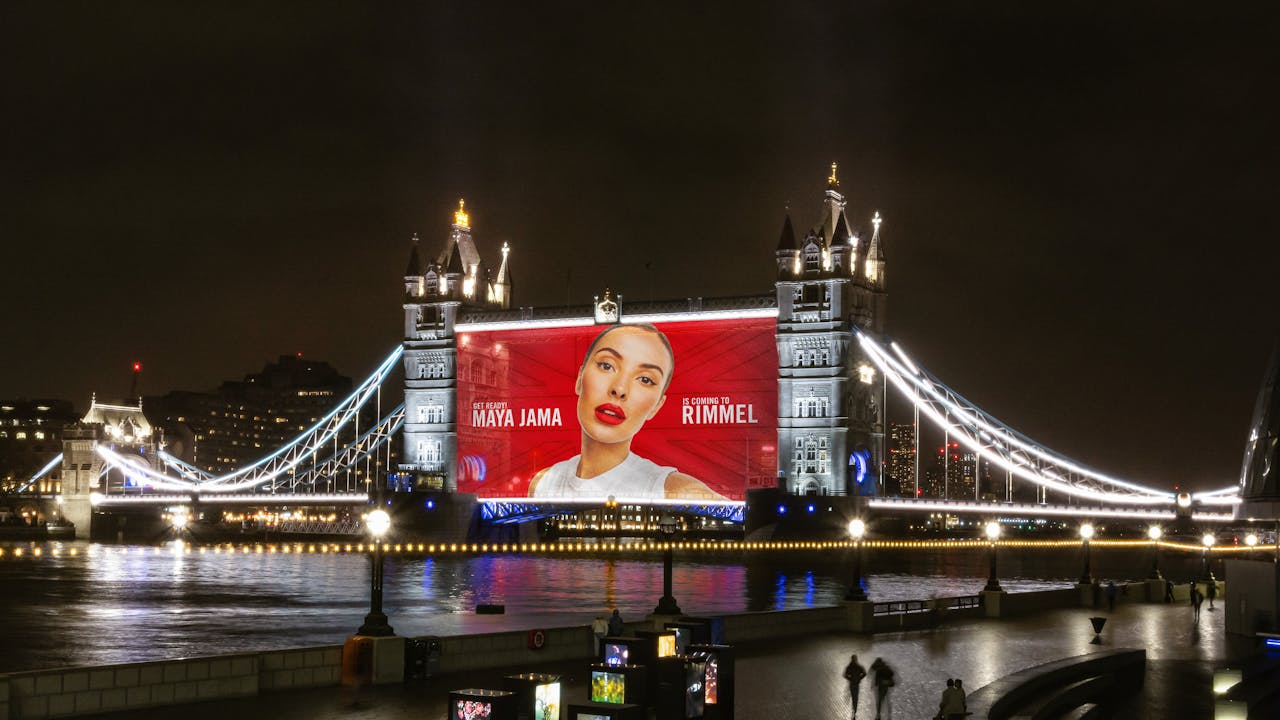
4. Cadbury’s AR Easter Egg Hunt
Cadbury, the beloved chocolate brand, created an AR Easter Egg Hunt game. This campaign not only drove engagement but also increased in-store traffic as customers had to go to Cadbury stores to collect their virtual eggs.
The Cadbury AR campaign led to more than 680,000 virtual eggs being hidden and resulted in 14,500 sales to people able to buy and give real eggs as a reward for finding the virtual counterparts.
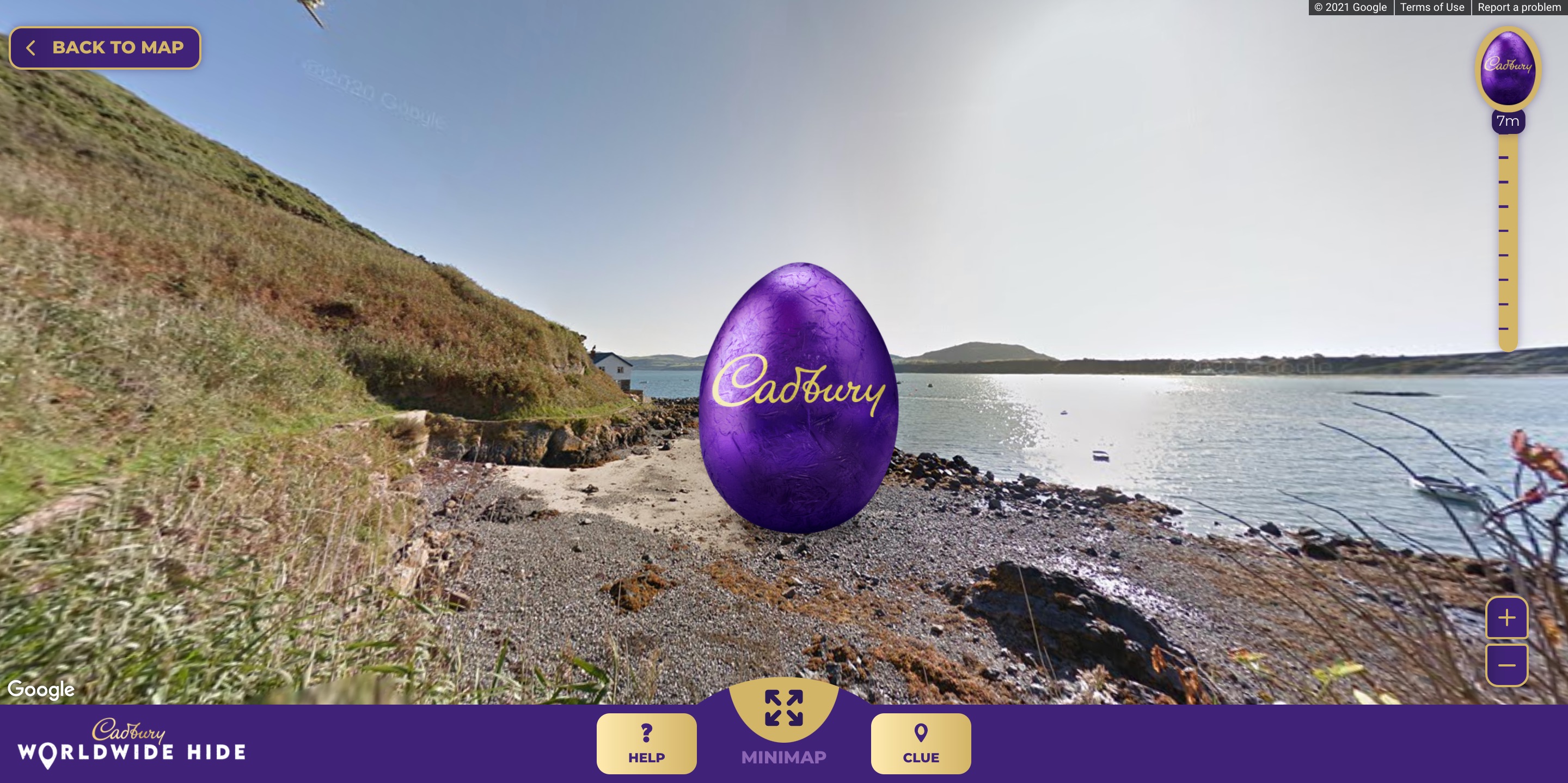
The use of Augmented Reality (AR) in marketing is not just a trend, but a strategy that continues to prove its effectiveness globally, not just in the UK. This innovative technology is showing enormous development potential, evidenced by various successful campaigns.
Here are the key benefits that AR brings to the table in digital marketing:
- Innovative user experience: AR allows consumers to virtually try before they buy or explore the product in a 3D environment. This immersive approach facilitates a more informed purchase decision, enhancing customer satisfaction.
- Increased engagement: Augmented reality encourages users to interact with the brand on a deeper level. This increased engagement often leads to higher conversion rates.
- Strengthened customer relationship: By providing an unforgettable and unique brand experience, AR can help foster a stronger bond between the brand and its customers.
In conclusion, AR is set to revolutionize the digital marketing landscape. With its ability to transform traditional marketing strategies into an immersive and interactive experience, it’s no wonder that more and more brands are exploring this technology.

